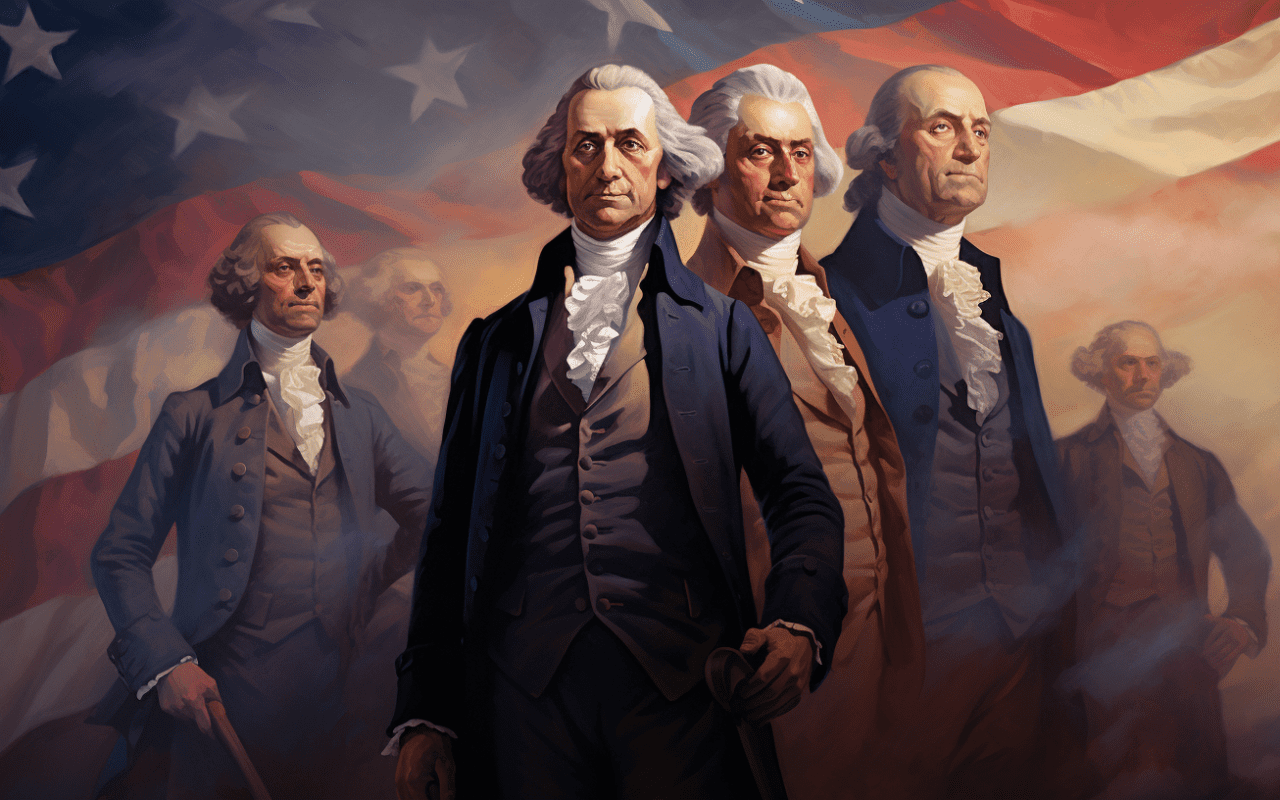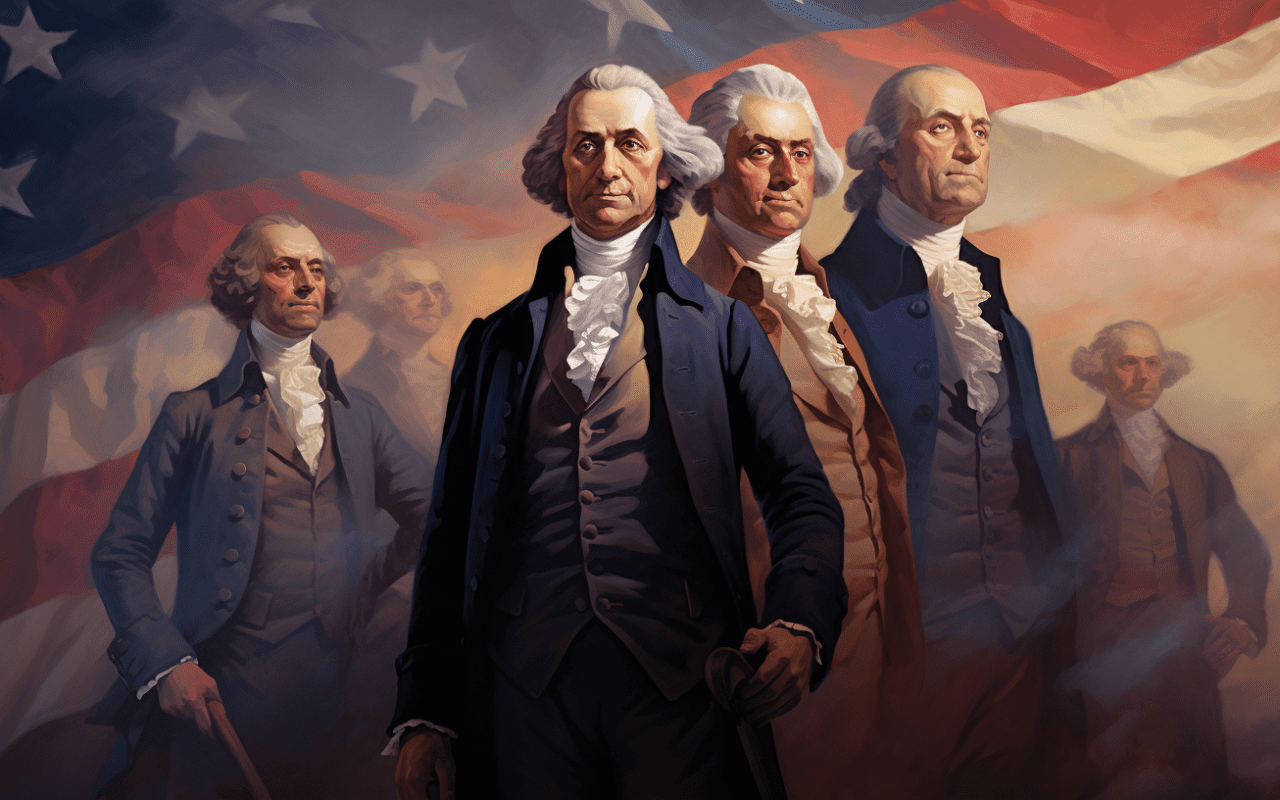Christian nationalism, a belief system that intertwines national identity with Christian faith, has been a significant force in American history — and the Christian nationalism timeline may go back further than you think. It erroneously asserts that the United States is fundamentally a Christian nation and should be governed by biblical principles.
This flawed ideology has influenced various aspects of American life, from politics to education, and continues to shape the discourse around national identity and public policy. Understanding the evolution of Christian nationalism provides critical insights into its current manifestations and implications for the future.
In recent years, the resurgence of Christian nationalism has become more visible and influential in American politics. The events of January 6, 2021, and the Big Lie rhetoric surrounding the 2020 presidential election highlighted the power and reach of this movement. With key figures like Russell Vought and organizations like Project 2025 advocating for policies that align with their interpretation of Christian values, it is essential to examine the timeline of Christian nationalism to grasp its roots, growth, and contemporary relevance.
Vote them out, while we still can
Then, get to the polls and take everyone you know with you. Do not allow the right-wing to establish a theocracy in this country — no matter what your faith (or lack thereof), we have common interest in preventing any one faith from informing the US government.


Just because they say the words “Christian nation” does not alter the actual history in which the founders were deists who were adamant about keeping the political and religious spheres separate — having seen the ills it can cause to entwine them. Is America a Christian nation? No. We rejected the divine right of kings, very consciously and loudly so at the time. It is easy to pick up this sentiment in the writings of the founders both inside and outside of the founding documents.
Christian nationalism timeline
- 1607 — The Jamestown Colony is established in Virginia. Early settlers bring a mix of Christian beliefs that will influence American culture.
- 1620 — The Pilgrims arrive on the Mayflower, establishing the Plymouth Colony. They seek religious freedom after being persecuted for their lack of conformity to the Anglican church in England, and establish a community based on their Puritan beliefs.
- 1630 — John Winthrop delivers his sermon “A Model of Christian Charity,” articulating the vision of America as a “city upon a hill,” influencing the concept of a Christian nation.
- 1730-1740s — The First Great Awakening, a series of religious revivals, sweeps through the American colonies, strengthening evangelicalism.
- 1776 — The Declaration of Independence is signed. The Founding Fathers, while influenced primarily by Enlightenment ideas, also incorporate some Christian principles.
- 1787 — The U.S. Constitution is drafted, establishing a secular government with the First Amendment guaranteeing freedom of religion.


